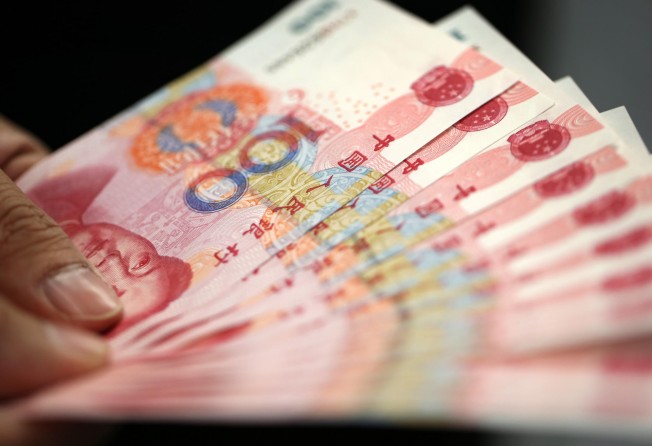China promises to loosen capital control, but no rapid progress expected
Despite pledge to speed up deregulation, economists raise concerns over funds outflows and speculative activities that may arise

Julia Yang's spirits rose when the Communist Party said this month it would accelerate the deregulation of the mainland's capital account to facilitate cross-border investment.
"I will sell one of my apartments in Beijing to escape the property tax that will be launched sooner or later," said the accountant, who owns two flats. "I will buy some US stocks or look into properties in Europe, where investment opportunities should be better."
Hastening the yuan's convertibility under the capital account was one of the key reform proposals decided on at the third plenum of the party's Central Committee, according to a document released on November 15. Targets for what amounts to partial convertibility are planned to be achieved by 2020.
When the capital account is fully opened, foreign direct investment, portfolio investment and other cross-border investment can be conducted without restrictions on converting yuan.
Yang's plans partly justify the concerns expressed by many economists. They say the pace of capital account opening up will be slow because policymakers are worried about large capital outflows in the initial years of opening up and speculative capital activities that could cause financial turmoil in the absence of sound regulatory measures.
"Many people have high hopes of capital-account liberalisation but I think the new leaders will be cautious in advancing the reform," said Lu Ting, an economist at Bank of America Merrill Lynch.
Central bank governor Zhou Xiaochuan says the central government will simplify administrative measures governing foreign exchange, draw up a list of sectors where direct investment will be prohibited and expand quotas under the qualified domestic and foreign institutional investor programmes by 2020.
However, Lu said, reforms on more important fronts, including loosening controls on cross-border lending and equity portfolio investment, would "remain quite slow".
Opposition to rapid capital-account liberalisation has been strong since it was first put on the central government's agenda in the 1990s. Although central bank officials generally advocate speeding up the process, many academics are against it, bearing in mind lessons from the 1997 Asian financial crisis, when foreign speculators undermined the financial stability of countries with open capital accounts following a credit binge.
Fan Wei, an analyst at Hongyuan Securities, said: "I think the process will be prolonged. Academics, represented by those from the Chinese Academy of Social Sciences, strongly oppose it."
Yu Yongding, a top economist at the academy, told a forum this month: "So far I don't see any necessity for the government to accelerate capital-account liberalisation."
Yu said the reforms should be carried out "gradually" and "carefully", and the pace should not be quickened until "internal preparations" were ready.
Credit ratings service Moody's Investors Service said this month, after a panel discussion involving academics and its analysts, that Beijing was likely to adopt a cautious approach to capital-account deregulation.
That was because the impact of investment balance on an economy and exchange rate was "hard to assess" and the rebalancing of portfolios by mainlanders might have adverse effects on the value of domestic financial assets, especially in the real estate sector, it said in a research note.
In addition, the legal and regulatory infrastructure had to be improved, it said.
While trial reforms could be carried out in designated areas, such as in the Shanghai free-trade zone under quota controls, the liberalisation would be limited, economists said, and the replicability of such trials could be low.